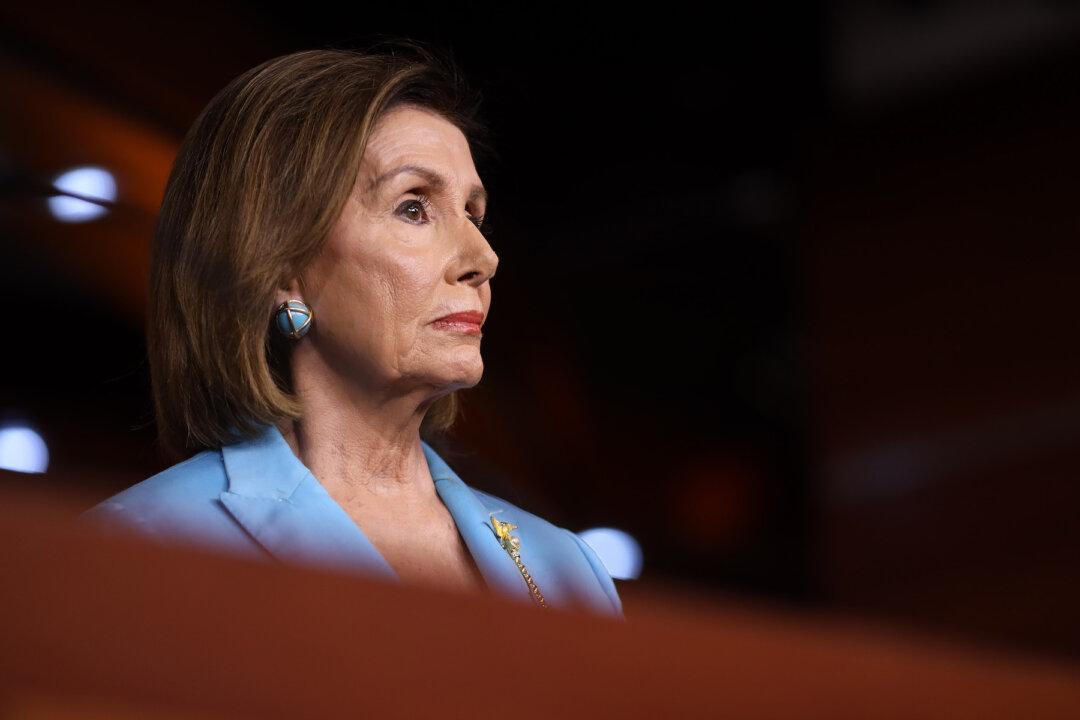The text of the impeachment process resolution was released on Oct. 29, two days before a vote was scheduled. No vote has taken place on the inquiry as of yet; three previous votes on impeaching Trump have failed.
H. Res. 660 deals with how the impeachment inquiry will move forward against President Donald Trump. The inquiry was announced by House Speaker Nancy Pelosi (D-Calif.) last month based on a complaint made by an anonymous person against the president.





